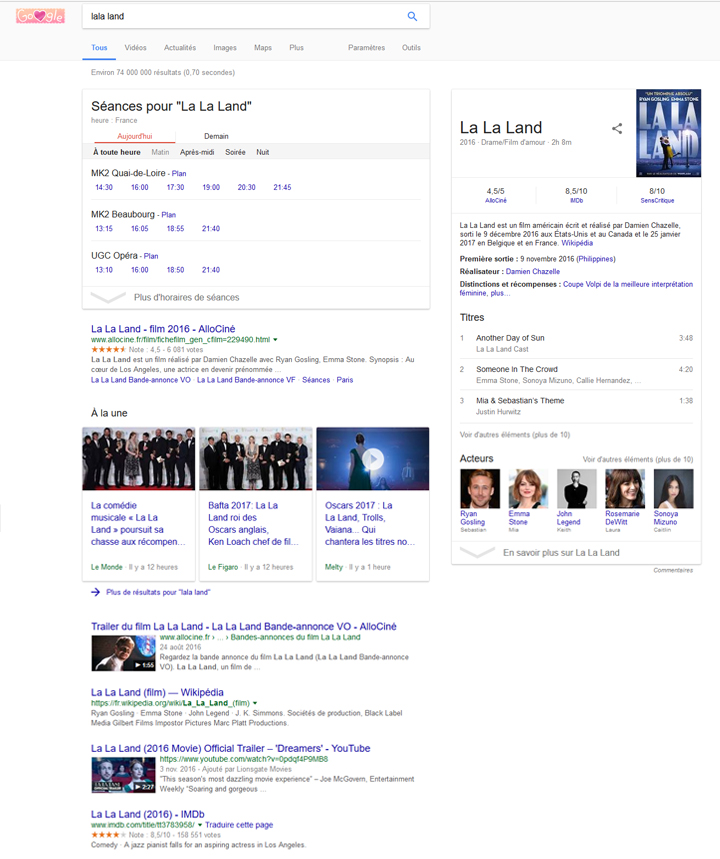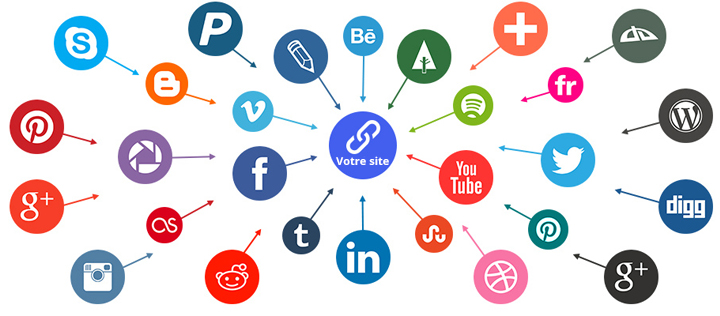How do PR and SEO work together for the better?
In an ever-changing digital environment, marketing and communication channels work together more closely than ever before, making it impossible to separate SEO and PR.
On the one hand, SEO uses digital channels to reach consumers. On the other hand, PR relies on relationships with publishers and influencers to generate media coverage for the brand. While the strategies for achieving these objectives may differ, the goal remains the same: to reach the company’s target audience.
PR and SEO hand in hand
In many ways, SEO and PR work together without necessarily knowing it. Indeed, press and public relations consist in addressing media, influencers and large-scale sites in order to obtain links and visible publications on the brand.
From an SEO point of view, Google gives a lot of importance to the reputation of a website, but also to the quality and relevance of its content. Remember that in order to be positioned in the first search results, two parameters are essential:
- Write and share insightful and engaging content: the future of SEO lies primarily in its ability to tell stories that readers and Google will find interesting.
- Get backlinks from “authoritative” sites: links from credible and trustworthy sources are highly valued by Google and lead to higher rankings in search results.
Authority links through PR
Obtaining backlinks from authoritative websites allows your business to climb in search results. Indeed, a few links from trusted sites carry much more weight than hundreds of spammy links built solely for the purpose of manipulating search rankings.
Finding and establishing relationships with authority websites is precisely the specialty of PR. Yes, the connections made through PR are literally what SEO dreams are made of. Indeed, 200 good quality backlinks will always be worth more than 20,000 poor quality inbound links!
Discover also the best strategies to get quality backlinks
Once a link has been earned by PR, the role of SEO will be to optimize it to push certain keywords for SEO.
SEO and PR can also rely on the potential cascade effect of each link gained. Indeed, journalists and other editors tend to quote, comment on or expand on the work of their colleagues. So if you get a publication in a leading media outlet, there is a good chance that it will be cascaded. You get links without even asking for them!
Promotion on social networks
Links from major publishers are worth their weight in gold. However, it is still easier to develop relationships with social network users. Facebook, Instagram and Twitter, to name a few, are very effective ways to gain a multitude of backlinks.
Engaging a target audience with compelling content not only boosts brand awareness, but also encourages sharing. By creating trendy content, PR can benefit SEO through promotion on social networks.
These shared links generate traffic to your website, which in turn helps improve your SEO. PRs can then ask their connections and other influencers in their networks to share your content on social media. It’s a pretty simple way to introduce your content and brand to potential new customers.
Bloggers: a privileged target
Every public relations professional knows the importance of networking. To better distribute their content, they are working to build relationships with bloggers and other small media. This type of coverage can be just as important as larger media publications.
By leveraging these small media connections, SEO can work to incorporate keywords into PR content. Providing free samples to a blogger can already get them talking about your brand on their site, educate their community and get quality backlinks and shares on various social networks. This increased coverage only strengthens your ranking in the SERPs.
Discover also our tips for finding and contacting influencers
The golden rule: any content can be optimized
To understand the importance of the link between PR and SEO, it is important to understand the different search options available to the consumer.
Journalists, editors, bloggers and influencers use search engines to find experts and follow current trends. Consumers also rely on search to find products and information.
Since journalists and consumers are constantly on the lookout, it’s important to make sure that content published on the web is easy to find via search. The opportunity to optimize PR-generated content extends beyond text. Images, podcasts and videos are too! Assume that as long as content is searchable, it can be optimized.
Indeed, search results are no longer limited to web pages. They also include images, video thumbnails, news, blogs, books and other local information.

Google search results page containing videos, images and other information in addition to links to web pages
In the field of public relations, there are many types of digital content to create and promote:
- Press releases.
- Videos.
- Tweets.
- Corporate or brand blogs.
- Webinars/demos.
- Newsletters.
- Interviews.
To extend the reach and visibility of this content via search, PR content must leverage and extend the SEO strategy, including using the right keywords in the right place.
PR people need to understand consumer search behaviours, the keywords their clients type in and the type of publication they prefer.
If PR people understand how to influence the use of keywords for SEO, their news will be easier to find for analysts, bloggers, journalists and editors.
For example, several keyword variations can be used in your press releases to encourage journalists to use those same keywords when prescribing your brand, thus increasing the likelihood that your website will appear in the SERPs on those search terms.
The world of marketing continues to evolve and with it, the once separate poles of PR and SEO. Increasingly, the line between these two areas is becoming blurred. Now they work together to create content that is engaging, effective and on-trend.










Leave a Reply
You must be logged in to post a comment.